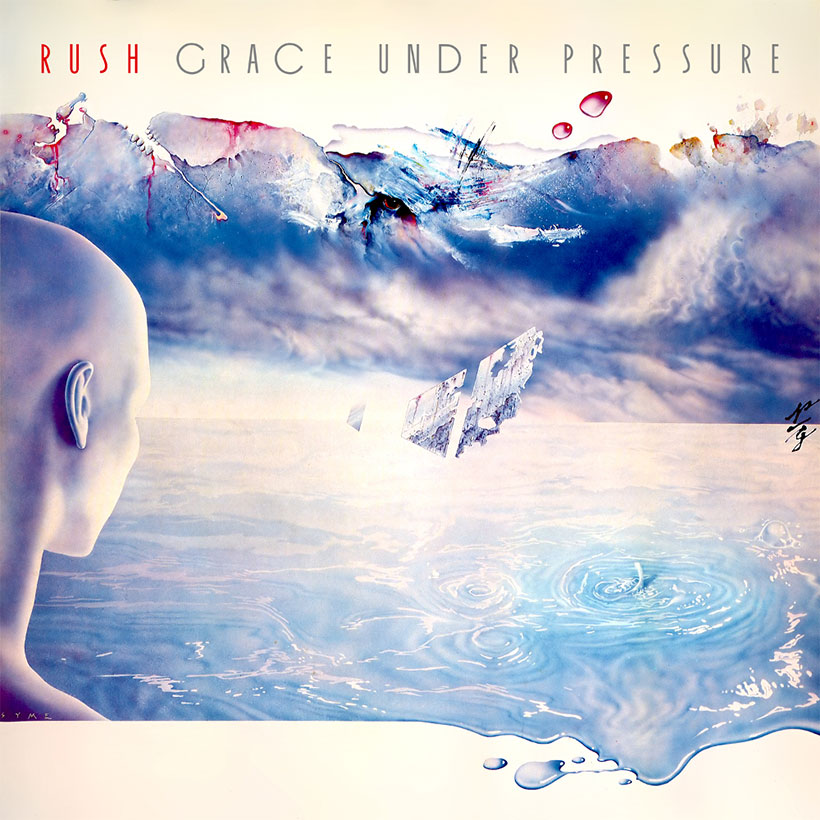
My father bristled with energy when I returned home from a semester at college wanting to talk about Rush. The Canadian progressive rock trio was his longtime favorite band, but I, as a boy, had found them sort of weightless and dithery. Yet Rush is a band of staggering longevity (eighteen studio records over half a century) which, matched with Neal Peart’s lyrical proclivity for the archetypal, creates the fan-attested effect of mapping the moods of their albums onto what many of us might consider the general stages of life. Such that, when I discovered 1983’s Grace Under Pressure, its sonic wash of longing, nerve, paranoia and Weltschmerz resonated so fully with my college experience that many of its anxious tracks remain stored in my mind note for note, like old pristine piano rolls.
You have reached your article limit
Sign up for a digital subscription and continue reading all new issues, plus our entire archives, for just $1.50/month.
Already a subscriber? Sign in




